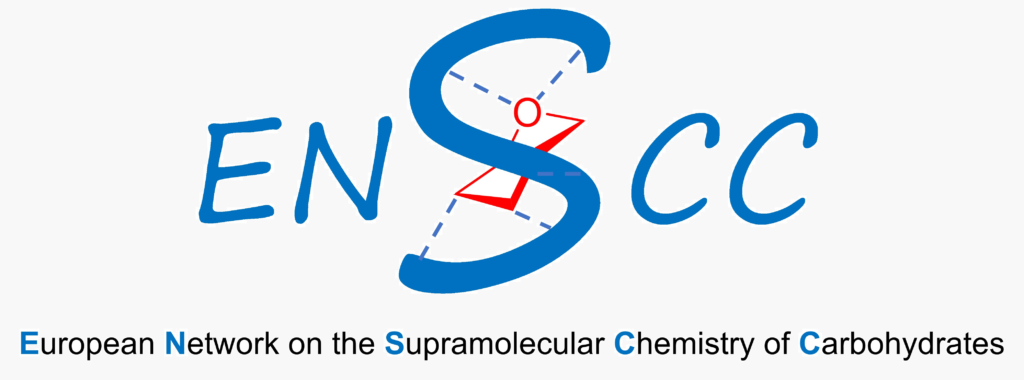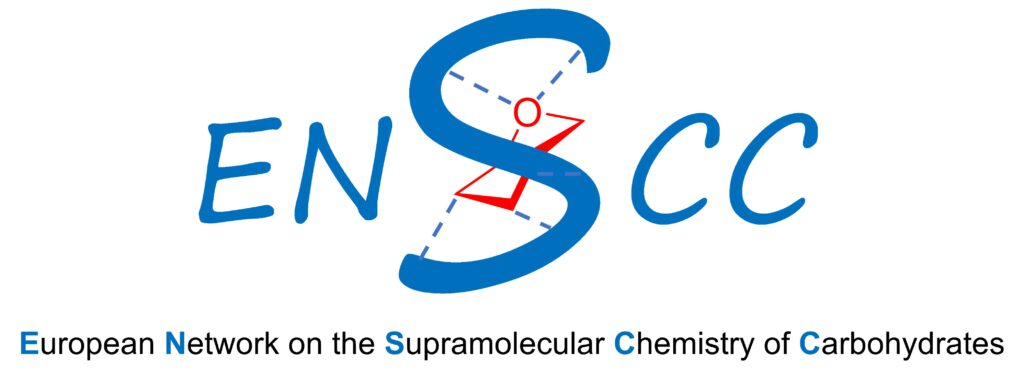Introduction and objectives
Carbohydrates are nature’s most abundant and versatile molecules. Several diseases have been linked to processes involving carbohydrates (e.g. diabetes, infection, and cancer metastasis). Many other regular processes are also mediated by carbohydrate molecules, including fertilization, neuronal development, hormonal activities, immune surveillance and inflammatory responses.
Understanding, monitoring and intervening in these processes could thus be exploited in medicinal therapies, glycobiology, and biomedical research in general. All such applications are predicated on the availability of carbohydrate binding molecules (CBMs) that can selectively and supramolecularly (noncovalently) bind a plethora of carbohydrate molecules ranging from simple monosaccharides to complex oligosaccharides and glycoconjugates.




